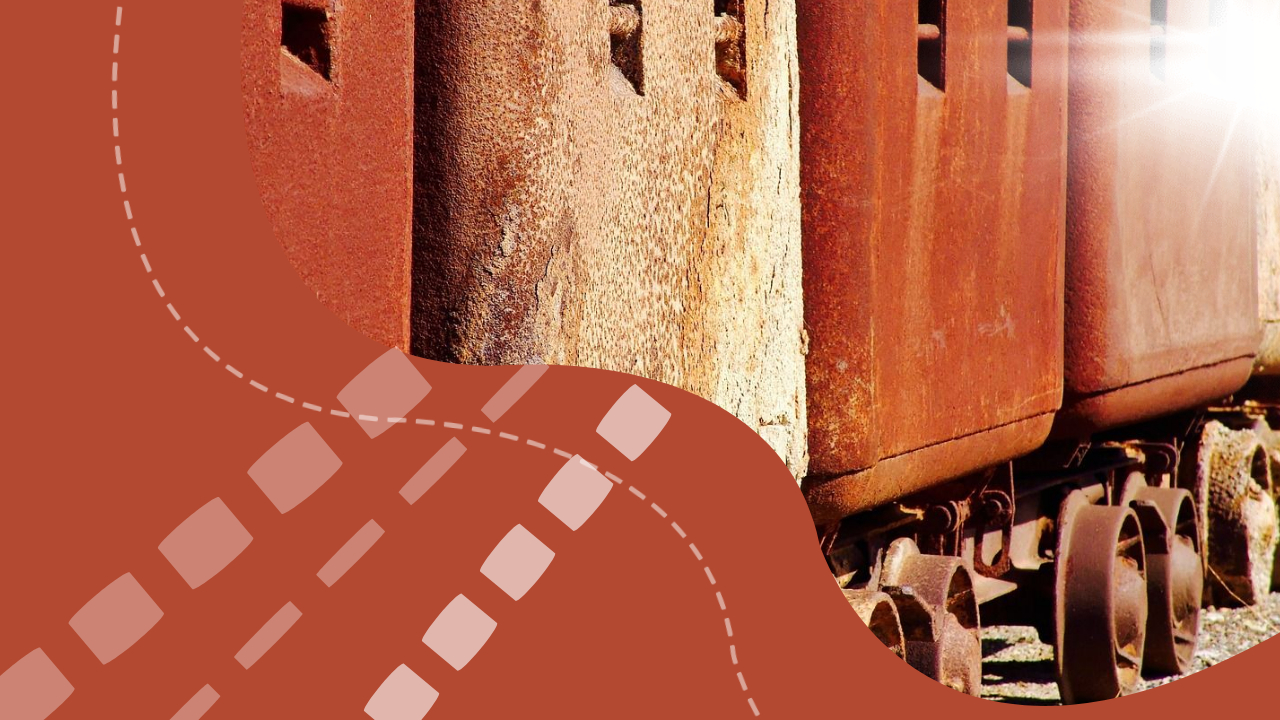Environmental activists interrupted a closed-doors conference on mineral resources in Belgrade, organised by international mining companies on November 7, in protest against mining pollution in the country.
The organisers argue that mining is already damaging Serbia’s environment, and want to prevent major new mining projects going ahead. The main focus is on Rio Tinto’s plans to build a huge lithium mine in Serbia, which have already been blocked, but campaigners say the project has not been fully abandoned.
Protesters broke into Belgrade’s Metropol hotel, where industry representatives were gathered, unfurled banners and disrupted the event by shouting out against mining in Serbia.
Before breaking into the conference, representatives of environmental organisations addressed the media at a press conference outside the hotel.
“Today, democracy was raw because it had to be,” said a statement on the Ecological Uprising movement’s Facebook page, saying that protesters “broke the barrier of lies and media fog over the lithium mining disaster in Serbia”.
Mining mega project blocked
The Serbian government revoked licences for Rio Tinto’s Jadar lithium project in January 2022. The decision was made less than three months ahead of the April 2022 general and presidential elections, following a wave of mass protests that threatened to harm the ruling Serbian Progressive Party (SNS) and incumbent President Aleksandar Vucic’s re-election prospects.
That blocked the $2.4bn project, under which British-Australian mining giant Rio Tinto planned to open a lithium mine in the Jadar River area.
However, representatives of the Alliance of Environmental Organisations claim that the project has not been fully scrapped, and they have continued sporadic protests and other actions. They want the law to be changed to permanently ban lithium mining in Serbia and ensure the Jadar project is never reactivated.
Their fears are backed up by comments from CEO of Rio Tinto, Jakob Stausholm, who said in December 2022 that the company has not given up on the Jadar project.
Lucrative deposit
The Jadar project near the town of Loznica would have turned the company into Europe’s largest producer of the metal — dubbed ‘white gold’ — for a period of 15 years and established Serbia as a major global producer.
Demand for lithium is set to continue increasing in the coming years as it is an input for batteries for both electric vehicles (EVs) and electronic products such as smartphones.
Vucic said in November 2022 that he “bitterly regrets” the decision to prevent the project going ahead. Pointing to the high price of lithium at the time, the president added that no country in the world “can be proud of such stupidity” in renouncing lithium as Serbia has done.
Despite the uncertain future of the Jadar project, Serbia, along with other Southeast European countries, is already being eyed as a location for EV and battery manufacturing.
US-based EV manufacturer Rivian has opened a technological centre in Belgrade. Stellantis, owner of the automotive factory at Kragujevac, is preparing to switch to electric car production.
In the battery manufacturing space, Slovakia-based EV battery technology company InoBat signed a declaration of intent with the Serbian government on the construction of a new EV battery factory in December 2022. The new gigafactory will help to meet the growing demand for electric car batteries in Europe.
Portuguese precedent
Campaigners in Serbia have pointed to the resignation of Portuguese Prime Minister António Costa on November 7, his official residence was searched in a probe into alleged corruption. Prosecutors said that they were looking into concessions awarded for lithium mines and hydrogen production.
Portugal is seen as an important supplier of lithium for the green transition, which would help EU companies reduce their dependence on imports from China and other countries. However, as in Serbia, lithium projects in the country have faced strong opposition from local residents.
“The government has enthusiastically supported numerous lithium extraction schemes in different areas of Portugal as part of the wider EU EFFORT to provide CRITICAL RAWS [raw materials], but those projects were immersed in controversies due to the low quality of elements that will be extracted and the disproportionate damage to the environment expected from the operation. Does this sound familiar?” said a post from the Ne Damo Jadar NGO on Facebook.
“[Junior ruling Socialist Party of Serbia] SPS and SNS get ready! Arrests in Portugal over lithium, search of prime minister’s residence over allegations of corruption,” reads a post from Ecological Uprising.

